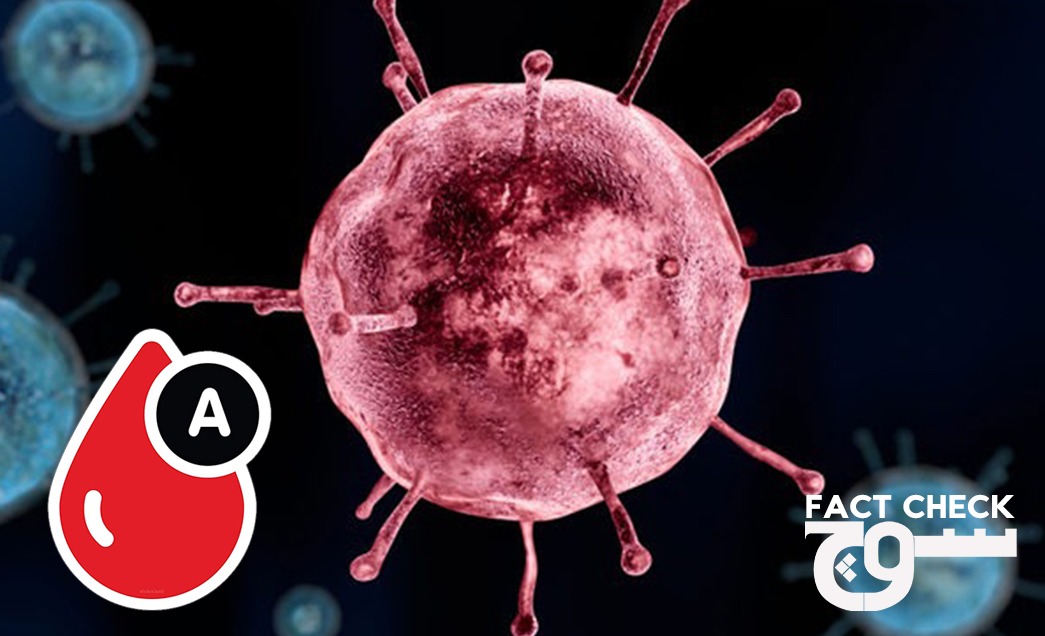
Claim: People with blood type A are more vulnerable to COVID-19, while those with type O are less likely to catch the virus.
Fact: This claim is based on a preliminary study that has not yet been peer-reviewed, therefore, the results of this study are inconclusive.
There is new information regarding COVID-19 that claims that people with blood group A are more susceptible to the virus. This is leading to some variegated responses from the public ranging from collective sighs of relief from those who fall within other blood type categories and perhaps heightened anxiety among those with blood type A. Upon some investigation, Soch found that the preliminary study from which this conclusion is drawn was conducted by a group of scientists in China.
This research, published on Medrxiv.org, compared “the blood group distribution in 2,173 patients with COVID-19 confirmed by SARS-CoV-2 test from three hospitals in Wuhan and Shenzhen, China with that in normal [healthy] people from the corresponding regions.” They found that the proportion of blood group A was significantly higher among COVID-19 patients.
However, these results are inconclusive because the study has not yet been peer-reviewed. The authors of the study have specifically cautioned against using it to guide clinical practice [see screenshot above]. This means that everyone regardless of blood group should continue taking necessary precautions. Moreover, scientists not involved in the study told South China Morning Post that a much larger sample size than the one used by this study is required to conclusively guide medical practice.
Dr Faisal Mahmood, an infectious diseases specialist at Aga Khan University Hospital also told Soch that there is not enough research to substantiate the claim that those with blood type A are more susceptible to COVID-19, while those with type O are less likely to catch the virus.
Summary: Some media reports state that people with type A blood are more likely to be infected by COVID-19 and people with type O are less vulnerable to the virus. These reports are based on a preliminary study that has not yet been peer-reviewed, therefore, the results of this study are not reliable.
